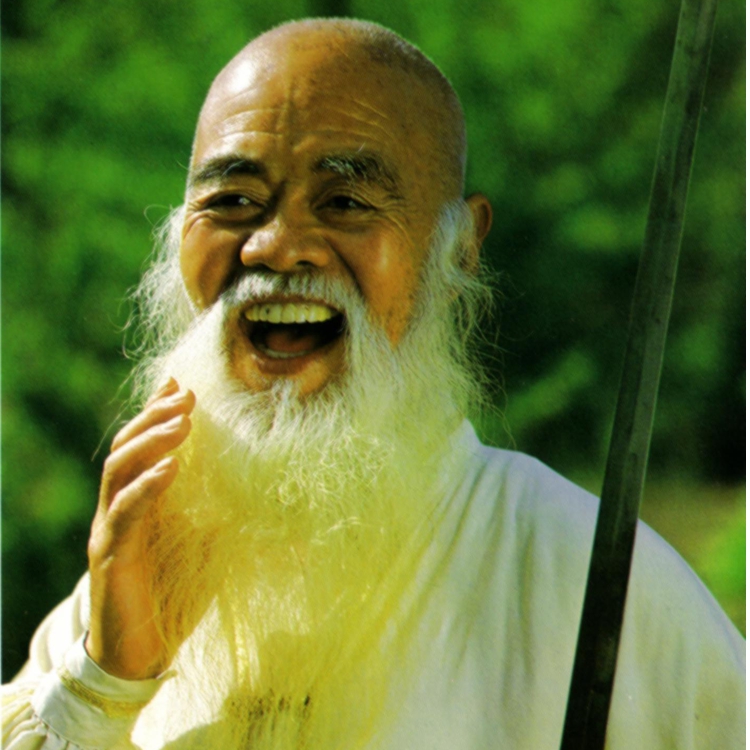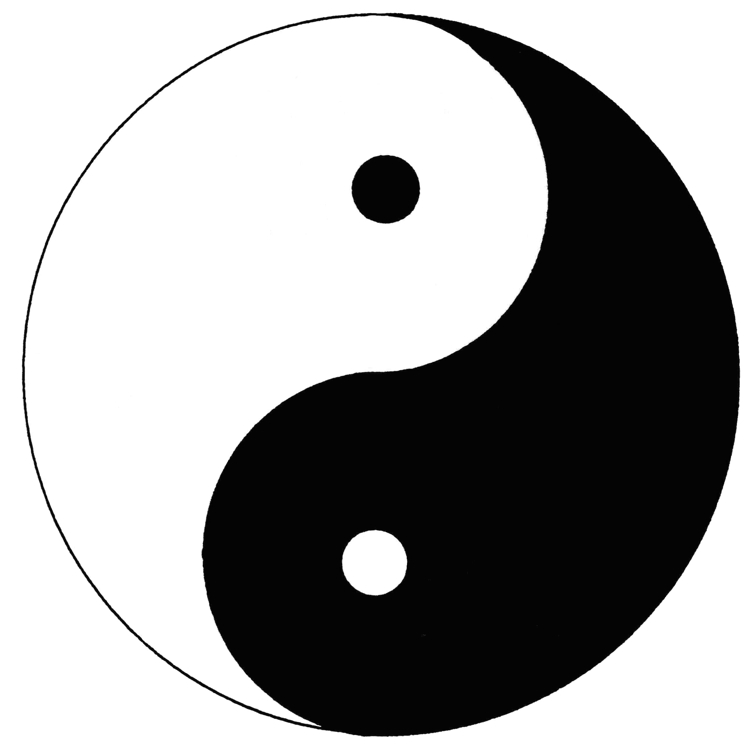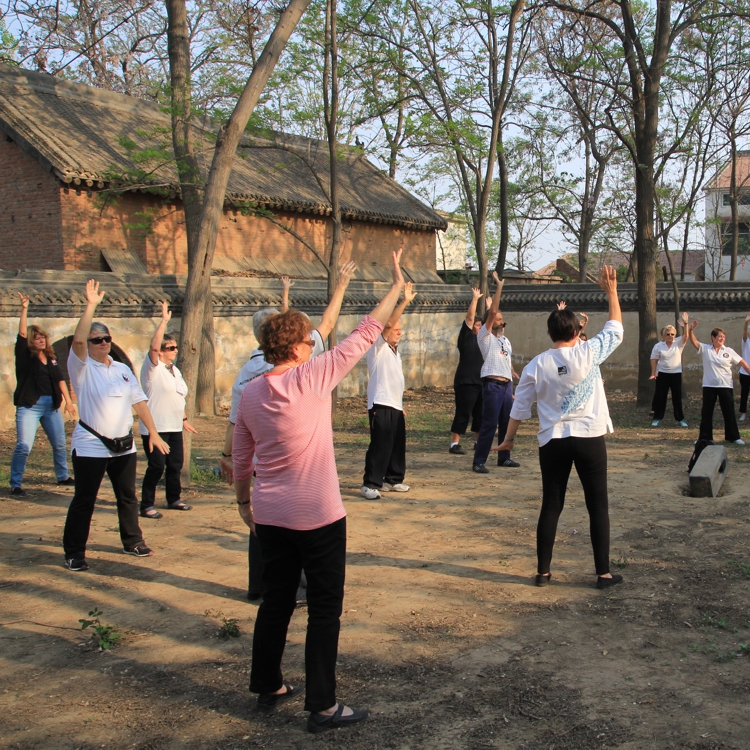Tai Chi v Zumba: Do you have to work up a sweat to get fit?
Mike Duffy BBC Science Unit with Michael Mosley and the ‘Trust Me I’m a Doctor’ team
The health benefits of exercise are constantly drummed into us. But many of us simply don’t fancy working up a sweat – or aren’t able to. So is there a way we can get the benefits without the huffing and puffing? Tai Chi may offer one solution. It originated as a form of self-defence, but over hundreds of years, it’s been refined into a series of slow and graceful movements which are supposed to help both mind and body. But can something so slow and graceful really give you the benefits of a more vigorous workout?
Tai Chi vs Zumba To find out, the Trust Me I’m a Doctor team worked with exercise scientists from the University of Birmingham.
A small group of volunteers, aged between 65 and 75, none of whom did regular exercise, were assigned to either 12 weeks of regular sessions of Zumba Gold – a class specially tailored for people in later life – with the rest doing regular Tai Chi. At the beginning, middle and end of the 12 weeks, the volunteers had their blood pressure checked and the flexibility of their blood vessels measured using ultrasound – part of exercise’s power to improve your health lies in its ability to improve both of these.
The more flexible your blood vessels, the healthier they are. oxidants and other raised levels of chemical markers of stress and inflammation – which may sound bad, but they’re actually a healthy response to exercise and lie behind many of its benefits.
As might be expected, the Zumba Gold group were all fitter after the 12 weeks. Their blood vessels were more elastic and their blood pressure had dropped, while their blood results showed improvements too.
More surprisingly, the results from the Tai Chi group showed similar benefits, with improvements in blood biomarkers results, blood pressure and vessel flexibility.
‘Any exercise is good’ So how could Tai Chi be doing this? The answer may be deceptively simple. Tai Chi may look slow and graceful, but it’s not as gentle as it seems.
Dr Jet Veldhuijzen van Zanten, a senior lecturer in biological psychology and part of the research team, said: “We have found that doing a session of Tai Chi leads to similar increases in work for the heart as moderate intensity exercise.
“So even though it might not feel as difficult as when you are doing faster movements, your heart is working hard. “This will have benefits to the health of your blood vessels and make them more elastic.”
And she said it showed people shouldn’t be put off if they didn’t feel like they were up to more strenuous forms of exercise. “We have shown a Tai Chi programme which includes slow movements can have many health benefits, and the participants in our study enjoyed the programme. “It is really important to emphasise that any amount and any kind of exercise is good for your health and wellbeing.”



